Having been playing with Google+ for a while, I’m starting to get to grips with things. I’m seeing it as a place to talk geeky stuff, where I won’t bore the large group of people I am friends with on Facebook who aren’t obsessed by the internet. Twitter remains my default place to share stuff online though. A few things have occurred to me that would improve the service:
1. Let me sort out my Google identity crisis
A few others have made this point – most consistently, Dan Harrison – but those of us that use Google to host our email using our own domains (ie my dave@kindofdigital.com email address is set up using Google services, and thus is a ‘Google Account’ in its own right) can be in a bit of a pickle.
Luckily I’m not the position that Paul Clarke found himself in, as I’ve always used a vanilla Gmail account for most of my interactions with Google. But it would be nice that those of us who are actually paying for the Google service get as full an experience as those using free accounts.
2. Find a way of making circles quicker
It’s got some lovely little visual tricks, but the circles interface just takes too long to organise. It’s also something that you can only get right after having used the service for a while – ie once you’ve already got hundreds of people in your circles and it’s too much of a pain to fix.
In other words, circles has got the technology pretty right, but the process isn’t great and Google needs to find a way of speeding it up.
3. Make better use of my other streams: email, docs, Reader
It strikes me that Google has a bunch of my other content and information that it could be making use of within the Google+ interface. After all, through Reader it knows what my favourite websites are, and which I pay most attention to. With Docs it knows who I probably work with, because I share documents with them.
It would be great if G+ became my Google service dashboard, where I can access all my own Google-stored data but also all the stuff shared by the people I know.
4. There is a distinction between +1ing something and sharing it, but it isn’t that pronounced
I guess the comparison to Twitter is that +1ing an item is like marking it as a favourite; and sharing is like retweeting. But Twitter is a very different beast to G+ and I’m often left wondering whether I should share, or +1 a bit of content. In the end, I usually don’t bother to do either.
5. Why on earth hasn’t Google killed off Buzz? It’s another potential confusion
Not much more to be said. Buzz was Google’s previous effort at doing something like Twitter… and not only have they not killed it off, they even include a user’s Buzz updates as a tab in their Google+ profiles. I don’t know why this is there as it appears to be a confusing duplication of effort and features.
Maybe all I want is FriendFeed?
Whilst I was thinking about all this, it made me wonder whether the grand sharing tool I seem to want Google+ to be might in fact exist, in the form of FriendFeed, the forgotten social sharing site bought by Facebook a few years ago.
I went and took a look, and lo! FriendFeed still seems to be running, albeit without much love. Here’s mine.
If you’re new to the site, it enables you to pull all your social content into one place (tweets, bookmarks, blogposts, Facebook statuses, shared Google Reader items, etc etc) and subscribe to other people’s feeds.
One downside to this is a bit of duplication (ie, if I post something on my blog, and then tweet a link to it, it’ll appear twice in my FriendFeed) – but that’s easy enough to overlook.
So I do wonder if, for Google+ to have something that sets it apart, looking back to FriendFeed might be a good idea.

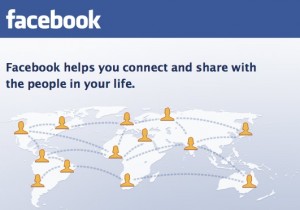

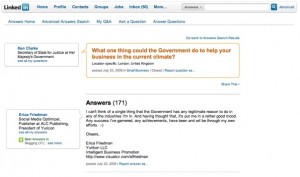
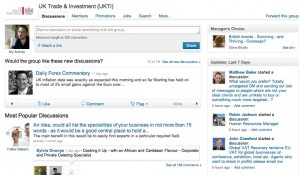
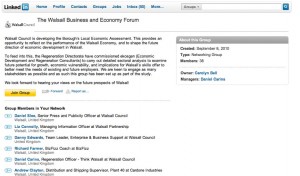
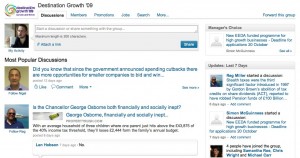
 There’s been a
There’s been a